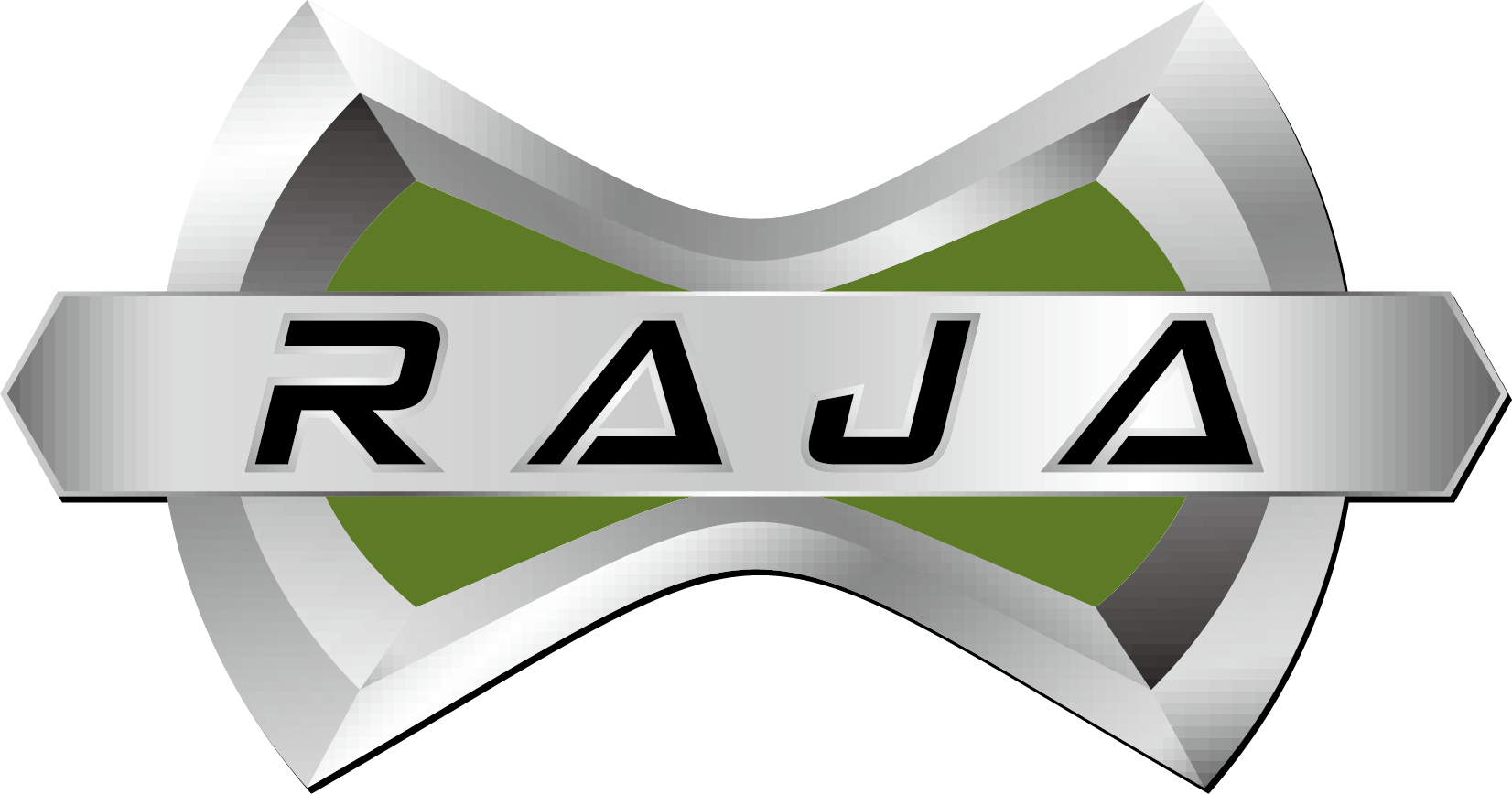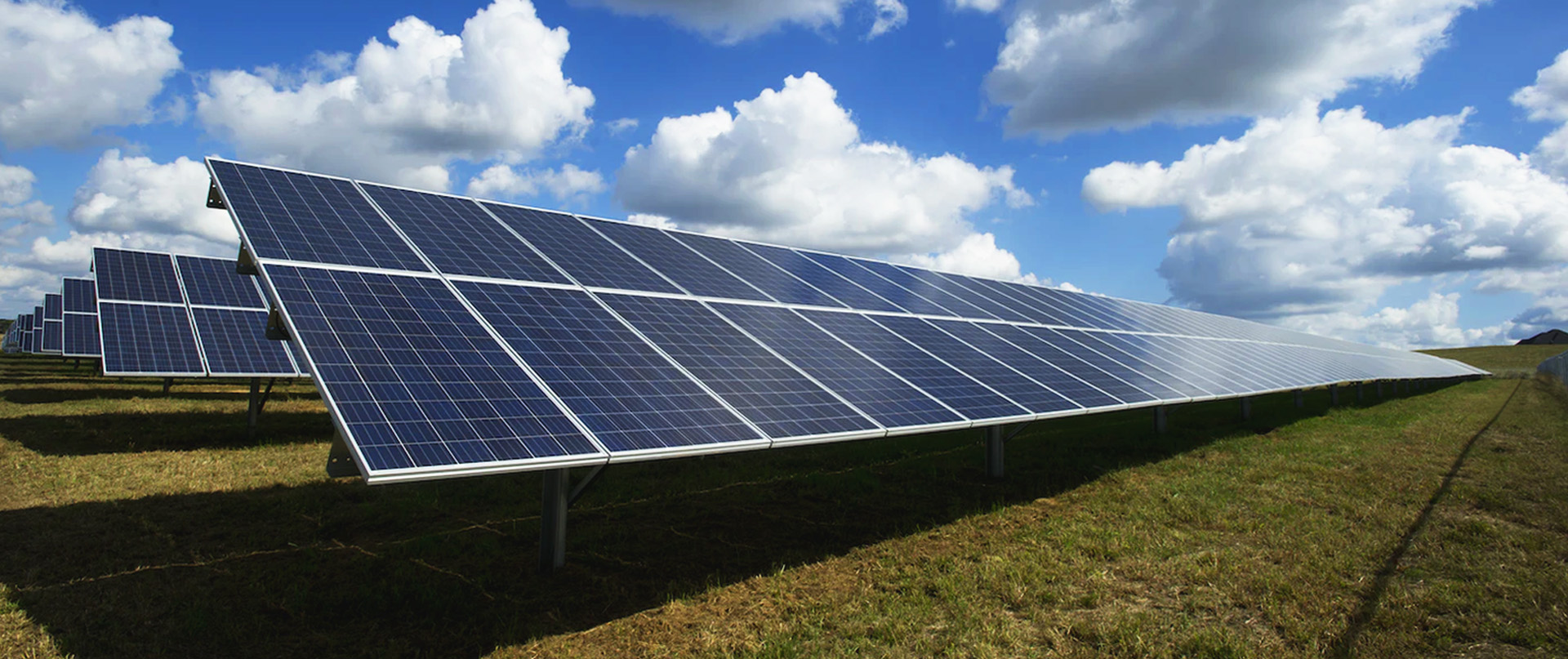-
How do I know what kind of YAJUN Energy Storage System is suitable for me?
+If you are not sure which one is suitable for your system, please contact our sales team for more details.Our team will recommend the best solution for your needs.
-
How much energy does RESS battery system store?
+RAJA has a comprehensive range of Energy Storage Batteries for customer’s selection.
All-in-one series(inverter integrated) stores 4kWh, 5kWh, Stackable series can store from 3kWh up to 30kWh after expanding in series or parallel. Customers can choose as per the actual demand.
-
Does YAJUN Residential Energy Storage Battery work with ongrid inverter?
+Yes, YAJUN High Voltage Battery System FD3000A & FD5000C stackable series can support voltage range 100V-614V.
-
Can I buy YAJUN Energy Storage System in my country?
+YAJUN partners with local dealers in Europe, Africa, and Australia. If you hope to buy YAJUN products from local dealers, please contact our sales team, we will get back to you with information you need.
-
How long will the YAJUN Energy Storage System last?
+The system is designed for a 10-year life and a 5-year warranty is available. The system is stackable or wall-mounted for easy installtion and replacement.
-
Can I connect YAJUN Energy Storage System to an existing solar system?
+Yes, YAJUN ESS is designed to satisfy different demands. No matter it is for new installation or increasing the capacity of energy storage to your existing sytem, our system can be easily get the work done. Stacking our system modules in parellel or in series, wall-mounting in parelle, or sitting on the groud, either one is for your option.
-
Why should I choose YAJUN Energy Storage System over other energy storage solutions?
+Choosing YAJUN is choosing a technology but more importantly a veteran company to support you in LiFePO4 battery system with over 10 years of expertise. YAJUN Energy Storage Systems are well suited for present and future energy needs, providing back-up and islanding capability with the capability to be networked together both in energy and power. This ensures rapid installation and commissioning of our systems so customers enjoy the benefits of clean energy in no time.
-
Why is YAJUN Battery system more reliable?
+YAJUN is a leading Electric Vehicle manufacturer with abundant engineering expertise in Battery Management, Energy distribution. Our power batteries have been widely installed in various kinds of Electric Vehicles and proven to be maintenance-free, longer-lasting in performance. The BMS and Electrical Design on our Residential Energy Storage batteries have undergone rigid test, they match a comprehensive inverter brands, offgird, ongrid, or hybrid inverters. Either for single phase system or for 3-phase system, you can always find the most suitable one from YAJUN.
-
Why is it beneficial to choose energy storage with a solar system?
+An Energy Storage System brings you a greater grid independence, reduced electrical costs. It will enhance your renewable energy system by storing the energy that your system generates during the day and use in the evening or whenever your peak demand period occurs.
-
Why is it LiFePO4 not Ternary Lithium or Lead Acid?
+Lithium Iron Phosphate is considered a much safer battery chemistry and higher energy density with a longer lifespan than Ternary Lithium or Lead Acid batteies. Ternary Lithium can easily catch fire or explode once being severely impacted or overcharged, over-temperatured and with limited lifespan like 1000-2000cycles only.
Lead Acid is non-environmental, heavy weight, shortlived(approx. 350cycles), and takes up big space when installation.
LiFePO4 can be 3000-6000cycles(approx.10years and above), There is no danger of fire and explosion due to impact and exposure to high temperatures.
-
What is the battery chemistry of all YAJUN battery systems?
+Lithium Iron Phosphate (LiFePO4 or LFP).
-
What is the drain rate of a battery?
+The term “drain rate” refers to how rapidly energy is released from a battery. The drain rate is the speed at which its electrical charges is depleted.
Different chemistries and cell types (bobbin versus spiral wound, for example) provide better drain rates than others.
For example, lithium coin cells are designed for low loads and long calendar life, while lead acid and NiCd cells are good choices for high-rate applications.

 About Us
About Us
 Media
Media
 Contact
Contact
 Contact
Contact

